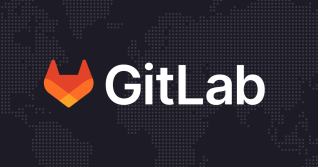This is a guest post by [Mike Gerwitz][11], a [free software][2] hacker and
activist, and author of [GNU ease.js][24].
In early March of this year, it was announced that
[GitLab would acquire Gitorious][0] and shut down gitorious.org by 1
June, 2015. [Reactions from the community][1] were mixed, and
understandably so: while GitLab itself is a formidable alternative to wholly
proprietary services, its acquisition of Gitorious strikes a chord with the
free software community that gathered around Gitorious in the name of
[software freedom][2].
After hearing that announcement,
[as a free software hacker and activist myself][11], I was naturally
uneasy. Discussions of alternatives to Gitorious and GitLab ensued on the
[libreplanet-discuss][12] mailing list. Sytse Sijbrandij (GitLab
B.V. CEO) happened to be present on that list;
[I approached him very sternly][13] with a number of concerns, just as I
would with anyone that I feel does not understand certain aspects of the
[free software philosophy][2]. To my surprise, this was not the case at
all.
Sytse has spent a lot of time accepting and considering community input for
both the Gitorious acquisition and GitLab itself. He has also worked with
me to address some of the issues that I had raised. And while these issues
won't address everyone's concerns, they do strengthen GitLab's commitment to
[software freedom][2], and are commendable.
I wish to share some of these details here; but to do so, I first have to
provide some background to explain what the issues are, and why they are
important.
Free Software Ideology
[Gitorious][3] was (and still is) one of the most popular Git repository
hosts, and largely dominated until the introduction of GitHub. But even as
users flocked to [GitHub's proprietary services][28], users who value freedom
continued to support Gitorious, both on gitorious.org and by installing
their own instances on their own servers. Since Gitorious is
[free software][2], users are free to study, modify, and share it with
others. But [software freedom does not apply to Services as a
Software Substitute (SaaSS)][4] or remote services



